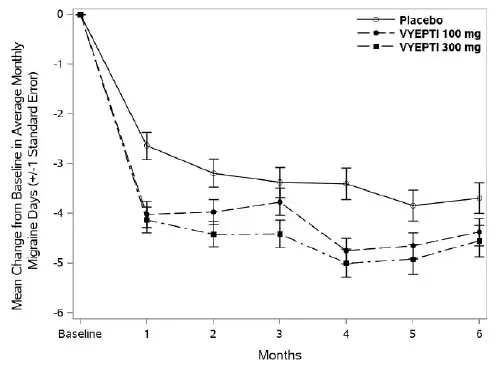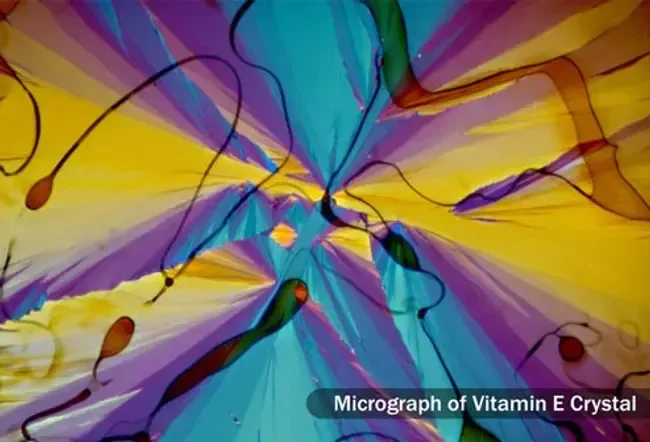Definition of Impotence
The Information On The Site Is Not Medical Advice. We Do Not Sell Anything. The Accuracy Of The Translation Is Not Guaranteed. Disclaimer
Impotence: A common problem among men characterized by the consistent inability to sustain an erection sufficient for sexual intercourse or the inability to achieve ejaculation or both. Impotence can vary. It can involve a total inability to achieve an erection or ejaculation an inconsistent ability to do so or a tendency to sustain only very brief erections.
The risk of impotence increases with age. It is four-fold higher in men in their 60s compared with those in their 40s according to a study published in the Journal of Urology (2000;163:460-463). Men with less education are also more likely to experience impotence perhaps because they tend to have less healthy lifestyles eat a less healthy diet drink more and exercise less. Physical exercise tends to lessen the risk of impotence.
Impotence can have emotional causes but most often it is due to a physical problem. The physical causes of impotence include diseases (such as diabetes and hypertension ) injuries (such as from prostate surgery) side-effects of drugs (such as the protease inhibitors used in HIV therapy) and disorders (such as atherosclerosis ) that impair blood flow in the penis . Impotence is treatable in all age groups. Treatments include psychotherapy vacuum devices surgery and most often today drug therapy.
Advertising for drugs for the treatment of impotence has greatly popularized the problem better known in the ads by its other name erectile dysfunction .












